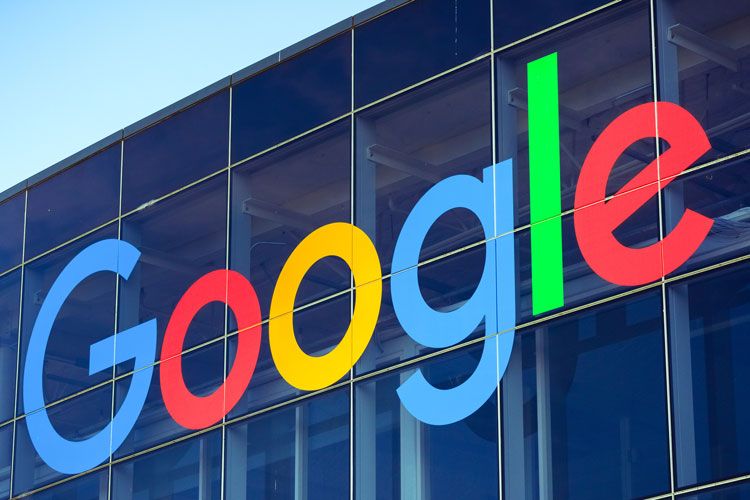Task: Digital Accounts: Google
Remember when you first heard the word “Google” and how ridiculous it sounded? Now, it’s baffling how much we depend on it for almost everything digital.

Photo Credit: Sundry Photography/Shutterstock.com
Gmail
If you’re one of the 1.2 billion people who use this as your primary email, you understand its importance. Aside from general communication, this is how you get your statements and confirm accounts. If someone needed to reset a password to gain access to an account, this is probably what they’d need to do it. If you’re a private person who doesn’t want their email to be read, you can use the Inactive Account Manager option, which we’ll explain very soon.
Other Google Services: Google Drive, Chrome, Contacts, Calendar, Maps, YouTube, Android, Home, Chromecast, Photos
Gmail is just the tip of the iceberg; you can identify the rest of the services associated with an account when you login and view this page: https://myaccount.google.com/.
- Do you have a bunch of documents and spreadsheets uploaded to Drive?
- Do you save passwords in Chrome?
- Are you concerned about your browser history because you never bothered using “Incognito,” which allows you to view whatever you want without saving it?
- Is your calendar loaded with appointments and contacts?
- Do you subscribe to any YouTube services (music, TV) and is it connected to a Chromecast so you can watch it from the comfort of your couch?
- Do you have a Google Home device that provides Amazon Echo-like functionality and home automation?
- Do you back up all your images and videos using Google Photos? (We have a task devoted to photos so you don’t need to worry about this now.)
- Do you use an Android-based phone that ties all these services together in a mobile environment?
- Do you sign into other sites or apps using your Google account? The official name for this is “Single Sign-on.”
- Do you also use it for work?
Now that you realize how much this one company provides, you can see why granting someone you trust access and telling them what you want done with it after you’re gone could be the most important aspect of digital estate planning you do. Google is so pervasive it even has a way to somewhat painlessly allow a person you trust to manage your account after you’re gone.
Inactive Account Manager
Google’s post-death solution is based on your level of inactivity, which means people use Google so frequently — checking Gmail on a phone, doing a search or watching a YouTube video while logged in — that not using it is for a period of time is considered odd behavior. You can set your inactivity time from three months to a year-and-a-half. If you don’t access any of their services within that time frame, Google sets off a series of events that will either delete your entire account or share it with someone you named as a “trusted contact.”
This doesn’t only have to be about death. Perhaps you don’t like one company having this much control and use their services, like search, without signing in. But most people forgo the worry about control and appreciate the convenience.
To set up Inactive Account Manager, use this link to go through the steps.
Tread Lightly Before You Delete
You have to be very careful not to jump the gun and delete a Google account unless you’re sure you won’t need it. The same rule applies to all primary email accounts that serve as a major source of information. It’d be like burning a filing cabinet filled with every contact and correspondence you have just because you wanted it gone. What’s the rush? You can always delete it at a later date, just keep it active and secure until you’re sure it’s no longer required.
Your Task
Identify all the Google services you use, how important they are, what you want done with them after you’re gone, and how you plan on granting access. If you use a password manager you can write it directly in the notes field, if you use a digital document you can put it there, and last but not least you can put it in the Digital Accounts section of your Everplan.
<< Previous Task | Next Task >>
- Task: Get Your Passwords OrganizedThe typical person has an average of over 200 different online accounts,...Read more
- Digital Cheat Sheet: How To Create A Digital...What happens to your digital property after you die? Great question! Here's...Read more
- Task: Grant Access To Your DevicesIn case of an emergency, how could someone you trust access your phone?Read more
- Task: Clean Up Your Phone ContactsWe’re all familiar with naming an emergency contact if something happens,...Read more



